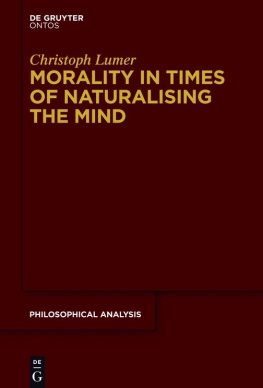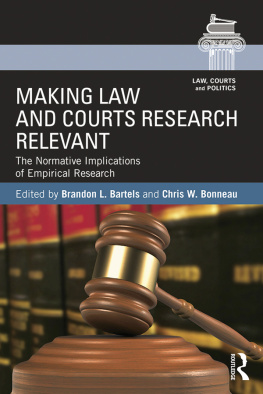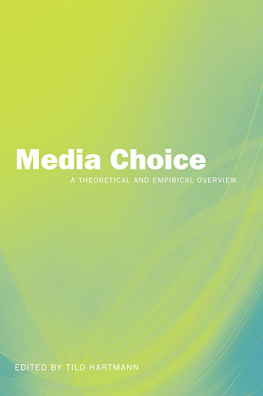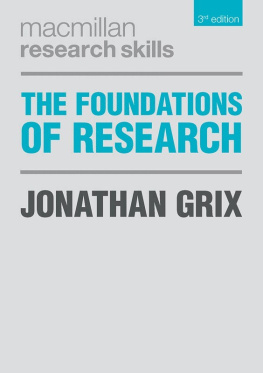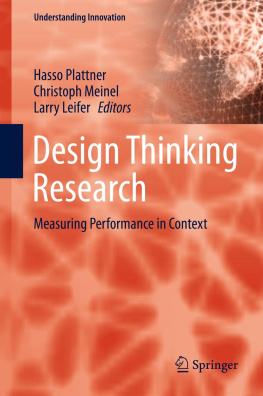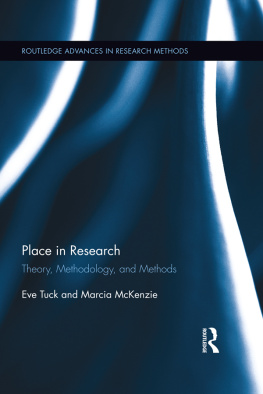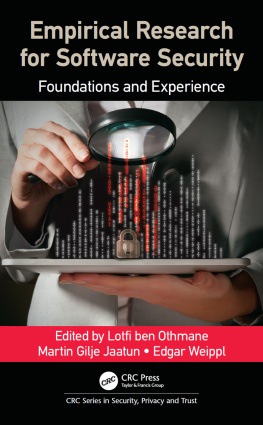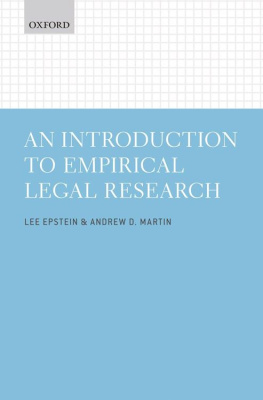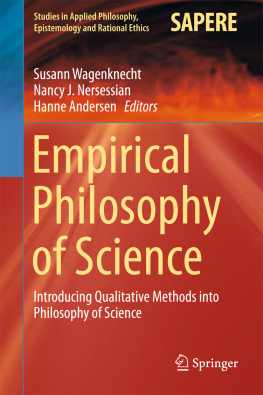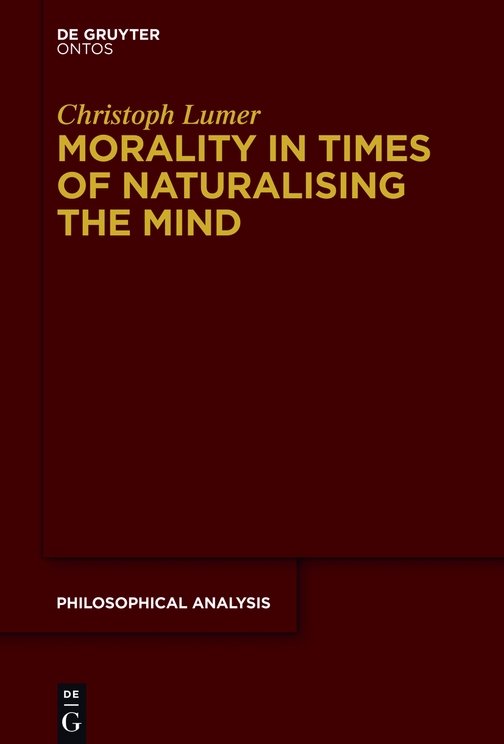Biographical Notes on the Authors
Arnaldo Benini is Professor of Neurosurgery and Clinical Neurology at Zurich University since 1979. Born in Ravenna, Italy, in 1938, graduate in Medicine at Florence University (1964) and Zurich University (1975), he specialized in Neurosurgery at Zurich University with Professor Hugo Krayenbhl. 1965 to 2003 he was neurosurgeon in St.Gallen and Zurich. He has published on neurosurgery and neurology (188 publications), on the physiology of pain in Desartes, on Domenico Cotugno, Vittorio Putti, on euthanasia and physicians conscience, on the biological testament, on Thomas Mann and Jakob Wassermann. His books include What am I. The Brain in Search of Itself (2009, in Italian); Imperfect Conscience. Neurosciences and The Meaning of Life (2012, in Italian). He contributes to the Sunday supplement of the daily newspaper Sole 24 Ore on matters of philosophy and science.
Antonella Corradini is Professor of Philosophy of the Human Sciences at the Faculty of Psychology of the Catholic University of Milan, Italy, specializing in the philosophy of mind, philosophical psychology, and metaethics. Her latest publications include: Mirrors neurons and their function in cognitively conceived empathy (with A. Antonietti, in: A. Antonietti and A. Corradini (eds.) The role of mirror neurons in intentionality understanding. From empirical evidence to theoretical interpretation , Special Issue of Consciousness and Cognition , 2013); Emergent Dualism: Why and How (in: P. Wallusch and H. Watzka (eds.) Verkrpert existieren. Ein Beitrag zur Metaphysik menschlicher Personen aus dualistischer Perspektive , 2014 (in press)); Quantum Physics and the Fundamentality of the Mental (in: A. Corradini and U. Meixner (eds.) Quantum Physics Meets the Philosophy of Mind , 2014 (in press)).
Christoph Lumer is Professor of Moral Philosophy at the University of Siena (Italy). His main fields of research are normative ethics, metaethics (e.g. justification of morals), some applied ethics (environmental ethics, future generations ), theory of action and moral psychology, theory of prudential rationality and desirability, argumentation theory. He has published the monographs Rational Altruism. A Prudential Theory of Rationality and Altruism (2nd ed. 2009, in German), The Greenhouse. A Welfare Assessment and Some Morals (2002), and Practical Theory of Argumentation (1990, in German), and more than 100 articles. Further information, including access to many of Lumers publications: www.lumer.info .
Michael Pauen is Professor of Philosophy at the Humboldt-Universitt zu Berlin and academic director of the Berlin School of Mind and Brain. His research focuses on the philosophy of mind and on the relation between philosophy and neuroscience. Recent papers: The Second-Person Perspective ( Inquiry , 2012); Materialism, Metaphysics, and the Intuition of Distinctness ( Journal of Consciousness Studies , 2011); How Privileged is First Person Privileged Access? ( American Philosophical Quarterly , 2010); Does Free Will Arise Freely ( Scientific American , 2003).
Massimo Reichlin is Professor of Moral Philosophy at the Universit San Raffaele, Milan (Italy). His fields of research are normative ethics, bioethics, neuroethics and the history of moral philosophy. He has published books on euthanasia ( Letica e la buona morte , 2002), aspects of Kantian ethics in contemporary discussion ( Fini in s. La teoria morale di Alan Donagan , 2003), abortion ( Aborto. La morale oltre il diritto , 2007), philosophical theories of life ethics ( Etica della vita. Nuovi paradigmi morali , 2008), the relationship between ethics and neuroscience ( Etica e neuroscienze , 2012), and the history of utilitarianism ( Lutilitarismo , 2013).
Maureen Sie is professor at the Institute of Philosophy, Leiden University and associate professor of Meta-ethics and Moral Psychology at the Erasmus University, Rotterdam, the Netherlands. From 2009 to 2014 she led a small research-group enabled by a prestigious personal grant (Dutch Organization of Scientific Research), exploring the implications of findings in the behavioral, cognitive, and neuroscience for our concept of moral agency. Her publications include: The real neuroscientific challenge to free will ( Trends in Cognitive Science , 12/1 (2008) pp 3-4, co-authored with Arno Wouters). She published Justifying Blame. Why Free Will matters and why it does not (2005) and co-edited with Derk Pereboom Basic Desert, Reactive Attitudes and Free Will a Special Issue of Philosophical Explorations 16(2) (2013).
Naturalizing Free Will Empirical and Conceptual Issues
MICHAEL PAUEN
Abstract: It is often assumed that naturalization jeopardizes some of the most essential human abilities and maybe even our entire self-understanding as conscious, self-conscious, and responsible agents. Here it is argued that these worries are unfounded: Rather than threatening higher level abilities, naturalism, if successful, leads to an improved understanding of these properties. Free will provides a particularly good example. First, it is shown that free will, understood as self-determination, is compatible with determinism. Second, it turns out that, contrary to certain initial intuitions, dualism raises almost the same problems as physicalism does. Third, empirical results, particularly the well-known Libet experiments, do not provide decisive evidence against the existence of free will some more recent experiments even seem to support free will. It is therefore concluded that naturalization poses no threat to free will; similar conclusions can be drawn for higher level human abilities in general.
One of the main tenets of scientific explanation is reduction: Scientists try to explain as many phenomena as possible with as few basic principles as possible, or to reduce as many phenomena as possible to a few basic principles. If successful, this strategy would give us as much control and understanding as possible. It is not just more economical if we can do with only a few principles, it would also improve our understanding because it tells us, how things are connected, and it would enhance control because we would come to know as much as possible about how things depend on each other.
Taken by itself, this endeavor doesnt look very problematic: Explaining something doesnt jeopardize its existence quite the contrary. If we know how something comes about then we have even less reason to put its existence into question. Still, reduction has a bad reputation these days. One of the main reasons is that reductionists tend to deny the existence of those phenomena that are not amenable to the naturalistic explanations at hand behaviorism is one notorious example, eliminative materialism is an even more problematic one.
Behaviorism and eliminative materialism are now somewhat out of fashion. But reductionism seems to raise its head when it comes to other issues. One of them is the problem of free will. Many philosophers doubt that free will can be naturalized. There seems to be a very strong intuition that a decision-making process that can be reduced to biological processes in the brain is determined by those biological processes and the related laws and not by the agent him or herself. This would seem even more so if the relevant laws are deterministic. Given that, in a deterministic world, any action can be reduced to events that occurred long before the agents birth, it seems obvious that the agent loses control under these conditions.
In what follows, I will try to show that this intuition is false. My claim is that freedom, even in the strongest sense of the word, is jeopardized neither by a complete naturalistic account of decision making nor by determinism. So freedom can be naturalized at least in principle. This latter caveat is necessary because it may well be that our ability to act freely, even if its not incompatible with naturalism per se, is put into question by specific empirical results. I will therefore discuss some of the more recent experiments. My claim will be that these experiments do not challenge the existence of free actions and that it is even unlikely that there are or will be such experiments, on a reasonable analysis of freedom.

